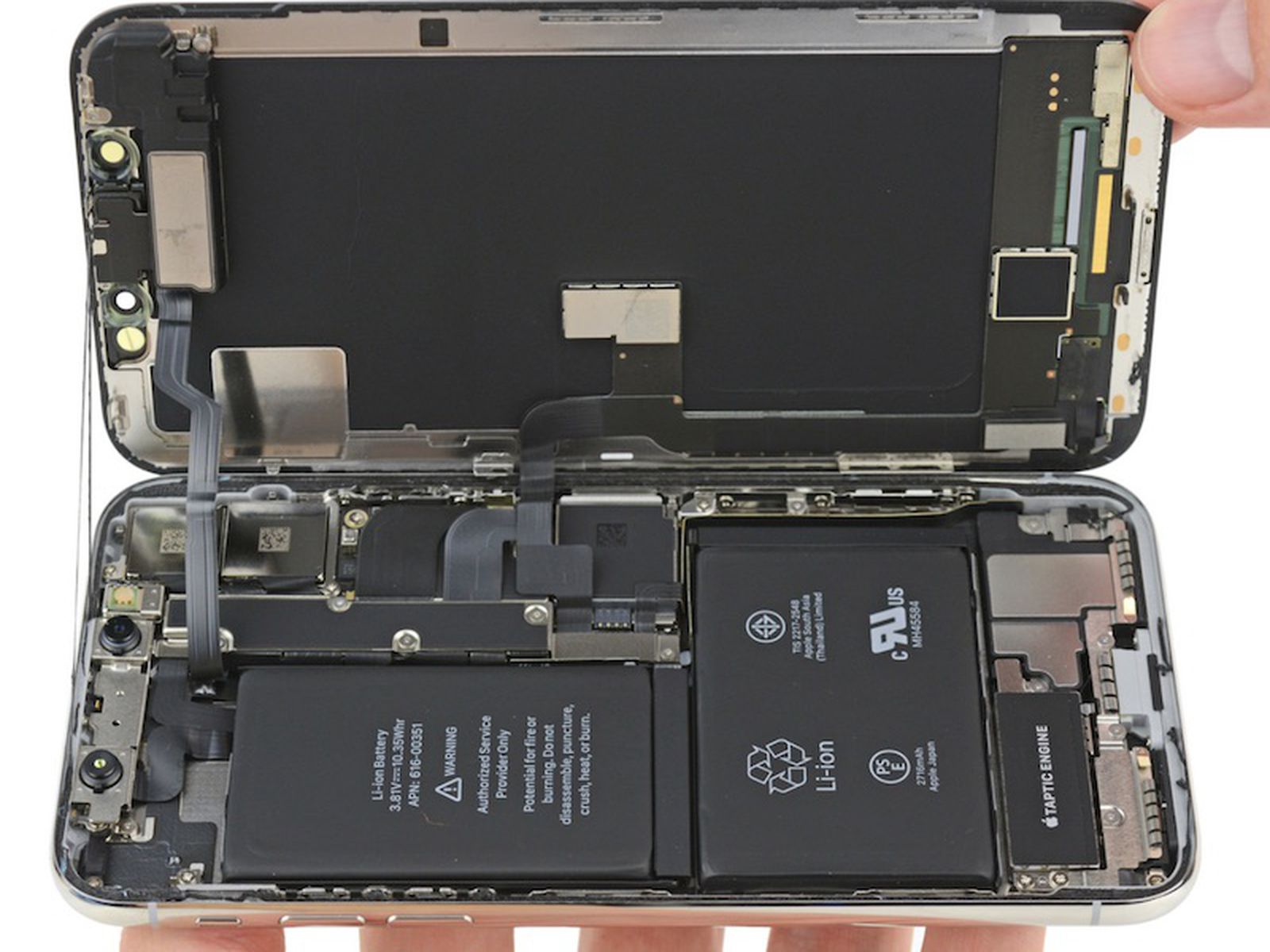Apple Endorses California’s Right to Repair Bill, Marking a Landmark Moment for Consumer Choice

Apple Endorses California’s Right to Repair Bill, Marking a Landmark Moment for Consumer Choice
In a groundbreaking move that could reshape the landscape of consumer electronics, Apple has thrown its weight behind California’s Right to Repair bill. This pivotal moment has ignited discussions across the nation about the implications for consumer choice, electronic waste reduction, and the future of the technology industry.
What is the Right to Repair Bill?
At its core, the Right to Repair bill empowers consumers to repair their own electronic devices or have them repaired by third-party technicians. This legislation challenges the prevailing practice where manufacturers like Apple tightly control and restrict access to repair manuals, diagnostic tools, and spare parts, effectively monopolizing the repair process.
The bill aims to open up the repair ecosystem, providing consumers and independent repair shops with the means to extend the lifespan of products, reduce electronic waste, and decrease the overall cost of repairs. By giving individuals and businesses the right to access the same resources that manufacturers have, proponents of the bill believe that it levels the playing field and fosters healthy competition.
/cloudfront-us-east-2.images.arcpublishing.com/reuters/FOEY4KEW4FILDK55FMGYZZ7BNI.jpg)
Apple’s Unexpected Endorsement
Apple, a company known for its proprietary approach to hardware and software integration, has surprised many by endorsing the Right to Repair bill in California. In a statement from Apple’s CEO, the company acknowledged the changing needs and preferences of its customers. The statement highlighted that Apple’s decision was motivated by a desire to balance innovation with sustainability, putting more power in the hands of users.
This announcement could have far-reaching implications for the larger tech industry. Apple’s support not only lends credibility to the bill but also puts pressure on other major tech players to reconsider their stances on repairability and consumer choice.
A Step Toward Sustainability
The technology industry has long grappled with concerns about electronic waste and its environmental impact. With devices becoming more complex and difficult to repair, a significant amount of discarded electronics end up in landfills. The Right to Repair bill seeks to mitigate this issue by enabling longer usage of devices through easier and more affordable repairs.
Apple’s backing of the bill underscores a shift towards a more sustainable approach. By extending the lifespan of its devices, the company aims to reduce its carbon footprint and decrease the demand for new products. This move aligns with growing consumer expectations for environmentally responsible practices from major corporations.
Challenges and Opposition
While the endorsement of the Right to Repair bill by a tech giant like Apple has garnered significant support, it hasn’t been without its challenges and opposition. Critics argue that opening up access to repair resources could compromise device security and lead to substandard repairs. They express concerns that unauthorized repairs might result in vulnerabilities that could be exploited by malicious actors.

Manufacturers have traditionally argued that controlling repairs ensures a consistent and high-quality experience for customers. They contend that third-party repairs might not meet the same standards and could potentially lead to more device issues. Some also raise intellectual property concerns, claiming that sharing proprietary information could pave the way for counterfeiting and copyright infringement.
The Consumer Perspective
From a consumer standpoint, the Right to Repair bill represents a significant shift in power dynamics. Currently, many consumers feel trapped by the monopolistic control that manufacturers have over repairs. Inaccessible repair manuals, exorbitant service fees, and forced upgrades have all contributed to consumer frustration.
If the bill becomes law, consumers will have the option to choose where and how their devices are repaired. This could lead to greater price transparency, increased competition among repair providers, and potentially lower costs for repairs. The bill also aligns with the broader movement advocating for consumers’ right to have a say in how their devices are maintained and fixed.
The Road Ahead
The journey of California’s Right to Repair bill is far from over. While Apple’s endorsement brings substantial momentum, the bill still needs to navigate legislative processes and potential opposition from other industry stakeholders. The outcome of this endeavor could set a powerful precedent for similar legislation in other states and even at the federal level.
Regardless of the bill’s fate, the conversation it has ignited about the right to repair, electronic waste, and sustainable technology practices is unlikely to fade away. Consumers, manufacturers, environmentalists, and policymakers are all engaged in this discourse that encompasses issues far beyond the realm of electronics repair.

Conclusion
Apple’s support for California’s Right to Repair bill is a watershed moment in the ongoing struggle for consumer rights and environmental responsibility in the technology sector. The convergence of interests between consumer demand for repairable products and the push for sustainable business practices has paved the way for a potential revolution in the way electronic devices are managed.
As the bill continues to progress, its journey will undoubtedly be closely watched by individuals and industries alike. The outcome has the potential to reshape the dynamics of the technology market, empower consumers, and send a resounding message that the era of disposable electronics is drawing to a close.




